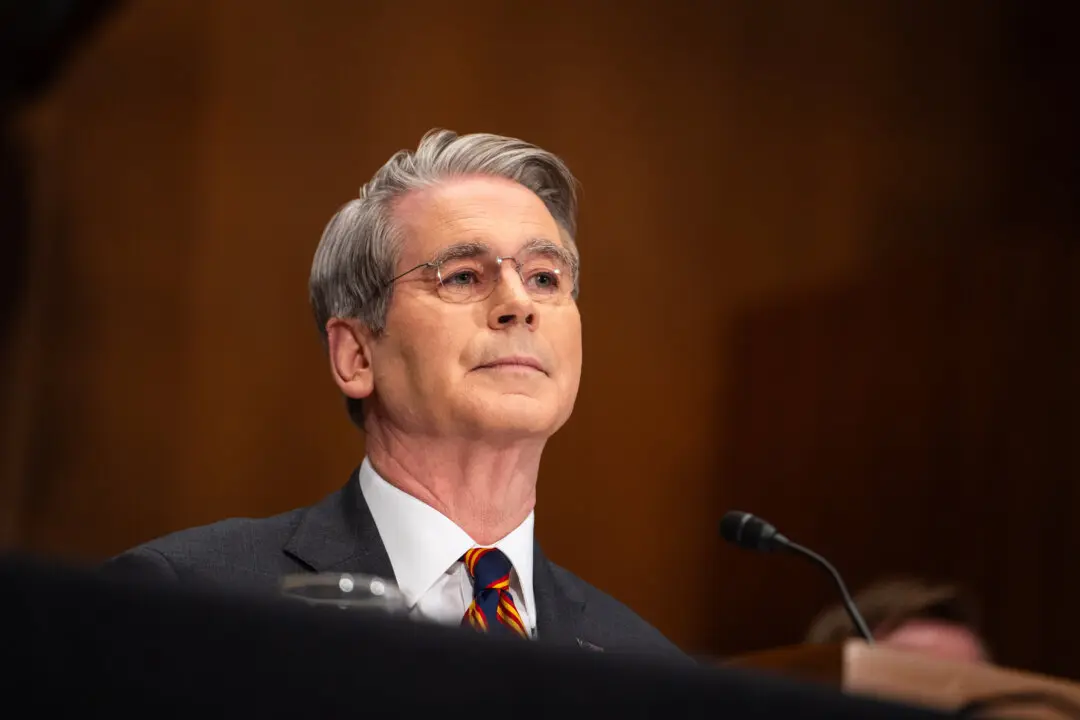Supreme Court Justice Clarence Thomas appeared to signal that Big Tech firms could be regulated after Facebook and Twitter suspended President Donald Trump earlier this year.
Thomas, considered a conservative on the high court, made the point during a 12-page submission as the Supreme Court issued an order that rejected a lawsuit over Trump’s blocking of certain Twitter users from commenting on his posts before his account was taken down. The Supreme Court said the lawsuit ultimately should be dismissed as Trump isn’t in office anymore and was blocked from using Twitter, coming after the Second Circuit Court of Appeals had ruled against Trump.





